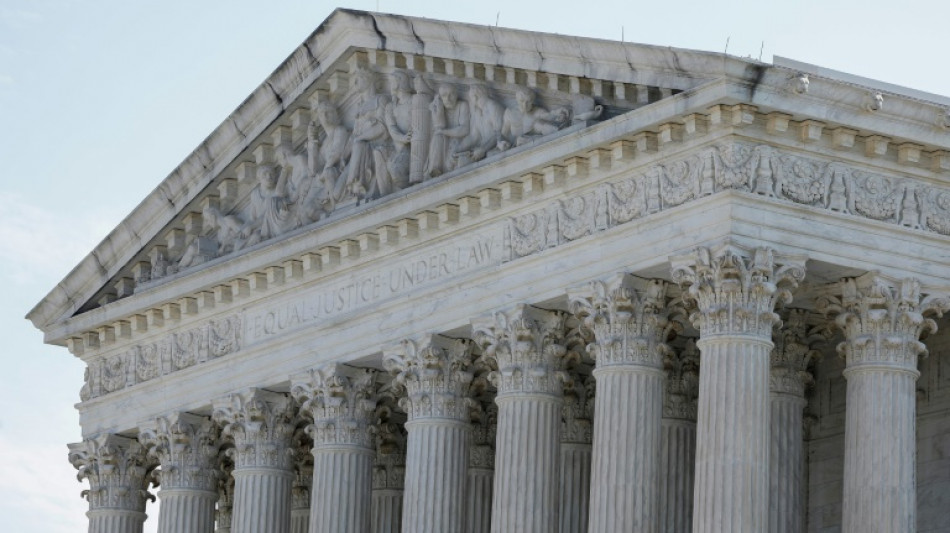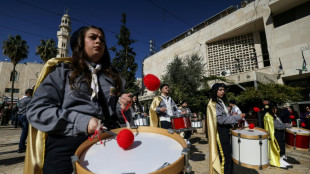

Top US court takes case of Rastafarian whose hair was cut in prison
The US Supreme Court agreed on Monday to hear the case of a devout Rastafarian whose knee-length dreadlocks were forcibly shorn while he was in prison in the southern state of Louisiana.
Damon Landor is seeking permission to sue individual officials of the Louisiana Department of Corrections for monetary damages for violating his religious rights.
Landor, who had been growing his hair for nearly two decades, was serving the final three weeks of a five-month sentence for drug possession in 2020 when his hair was cut.
Landor presented prison guards with a copy of a 2017 court ruling stating that Rastafarians should be allowed to keep their dreadlocks in line with their religious beliefs.
A prison guard threw the document away and Landor was handcuffed to a chair and had his head shaved, according to court records.
An appeals court condemned Landor's "egregious" treatment but ruled that he is not eligible to sue individual prison officials for damages.
Louisiana Attorney General Elizabeth Murrill, in a brief submitted to the Supreme Court, acknowledged that the treatment of Landor by prison guards was "antithetical to religious freedom."
"The State has amended its prison grooming policy to ensure that nothing like Petitioner's alleged experience can occur," Murrill said.
But federal law does not permit "money damages against a state official sued in his individual capacity," she added.
The Supreme Court will hear oral arguments in the case during its next term, which begins in October.
Rastafarians let their hair grow, typically in dreadlocks, as part of their beliefs in the religion which originated in Jamaica and was popularized by the late reggae singer Bob Marley.
W.Hofmann--BVZ




